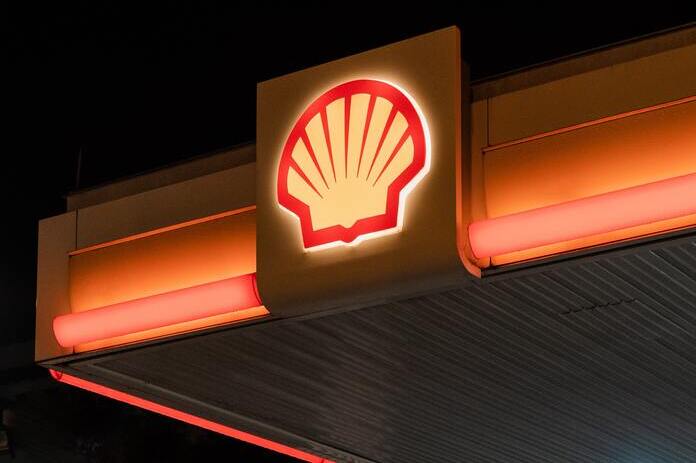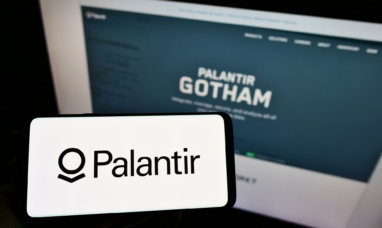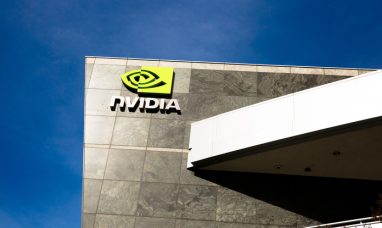After nearly a century of involvement in Nigeria’s onshore oil and gas sector, Shell (NYSE:SHEL) is poised to conclude its operations by selling its subsidiary to a consortium of five predominantly local companies for a sum of up to $2.4 billion. The British energy giant, which played a pioneering role in Nigeria’s oil and gas industry since the 1930s, has faced challenges such as onshore oil spills, theft, sabotage, and operational issues, resulting in costly repairs and high-profile lawsuits.
In its efforts to divest from the Nigerian onshore oil and gas business since 2021, Shell will continue its activities in the country’s more lucrative and less problematic offshore sector. This exit mirrors a broader trend of Western energy companies, including Exxon Mobil (NYSE:XOM), Italy’s Eni, and Norway’s Equinor (NYSE:EQNR), retreating from Nigeria as they focus on newer and more profitable ventures.
The sale involves The Shell Petroleum Development Company of Nigeria Limited (SPDC), with Shell stating that it will receive $1.3 billion in consideration, and the buyers making an additional payment of up to $1.1 billion for prior receivables upon completion. Zoë Yujnovich, Shell’s Head of Upstream, noted, “This agreement marks an important milestone for Shell in Nigeria, aligning with our previously announced intent to exit onshore oil production in the Niger Delta, simplifying our portfolio, and focusing future disciplined investment in Nigeria on our Deepwater and Integrated Gas positions.”
The Renaissance consortium, comprising ND Western, Aradel Energy, First E&P, Waltersmith, and Petrolin, will be the buyer. This consortium of local oil exploration and production companies, along with a Swiss-based trading and investment company, will take over responsibility for addressing spills, theft, and sabotage, subject to the approval of the Nigerian government.
Nnimmo Bassey, Executive Director of the Nigerian advocacy group Health of Mother Earth Foundation, emphasized Shell’s responsibility, stating, “Shell must own up to its responsibility,” and called for full payment for remediation and restoration of polluted areas, along with reparations to host communities.
Shell’s exit from onshore operations will not impact its holdings in the deep offshore fields, liquefied natural gas plant, and other assets in Nigeria. The SPDC joint venture, in which Shell operates with a 30% stake, holds 18 onshore and shallow water mining leases, with other partners including the Nigerian National Petroleum Corporation (NNPC), TotalEnergies, and Italy’s Eni. The sale is contingent upon approval from the Nigerian government.
Featured Image: Unsplash















